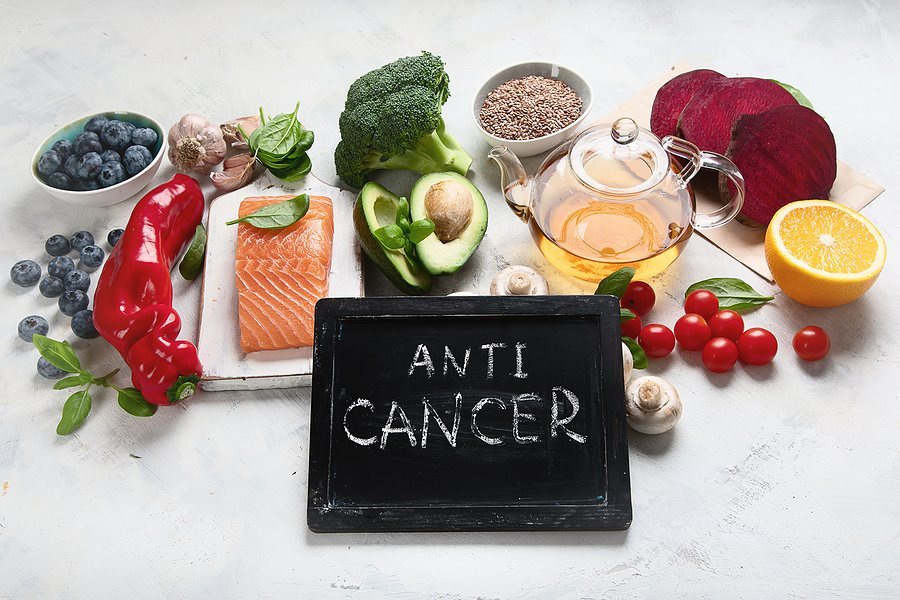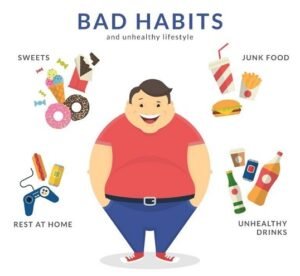Yoga is a branch of the 5000-year-old traditional Indian practice of medicine. It basically means unison of the mind, body and spirit in a perfect state of balance which helps one connect to their inner-self.
The inner-self is free from fear and greed, unmoved by joys or sorrow. This encourages stillness, calmness, deep breathing and positive thinking which are proven to be important elements for healthy living.
Yoga has created ripples through the centuries with tales of its miraculous healings. But it’s the 19th century, when yoga began to climb atop the global chartbuster. From being a trending practice for weight loss to the being the key of good health, yoga has re-emerged as the modern-day panacea!
Also know: Saliva – A Very Important Secretion
Yoga and Cancer: A complementary cancer therapy
Yoga is not a cure for cancer.
But yoga plays a crucial role in winning the fight.
Researchers shared evidence of its efficacy in managing high blood pressure, heart health, metabolism, bone health, pain management and other physiological disorders. Yoga is a proven tool for managing stress, depression, panic and anxiety. Regular practice of yoga boosts sleep, appetite and overall well-being.
This makes yoga a very helpful therapy in coping with cancer during and after treatment.
Here are some of the proven benefits of yoga that aids the cancer fighters and survivors:
1. Combats stress

Cancer is exhausting, not only physically but also emotionally and mentally! Many cancer patients suffer from bouts of anxiety, stress and depression caused by the trauma of facing a life-threatening disease.
Stress can only worsen the condition by the damage it does to the body!
Hence, stress management has emerged as a bigger challenge in cancer patients. Several studies have validated the role of yoga in battling stress in cancer patients. One study found that daily yoga practicing can reduce “mood disturbances” by about 65%.
Managing cancer stress with yoga improves appetite, sleep and quality of life.
2. Fights fatigue

Cancer treatments are exhausting physically.
Patients often complain of fatigue and weakness while undergoing cancer treatment. Research shows that Yoga can help in alleviating fatigue in cancer patients. A study published in the NCBI quoted that yoga interventions may be beneficial for reducing cancer-related fatigue!
Another study reported 22 – 37 % improvement in cancer related fatigue achieved through daily practice of yoga. This resulted in better sleep quality and day time functioning.
3. Improve physical functioning

Yoga is known to improve flexibility and mobility.
Cancer as well as cancer treatments can affect the ability to move. Long durations of hospitalization and bed rest can make the body stiff and sore, making it difficult for patients to move.
Practising gentle forms of yoga under the guidance of a professional trainer or instructor can help in restoring mobility and agility. Yoga is also a proven pain reliever. A review of several studies found that yoga can improve functional well-being in both cancer patients and survivors.
4. Enhances sleep

Sleeplessness and restlessness are common complaints in cancer patients.
Cancer can cause sleeplessness and sleeplessness hinders healing. Thus, it is a vicious cycle which needs to be broken for the treatment to work. Yoga is well-known for curing insomnia.
Several studies and researchers have attributed its calming properties to boost quality and quantity of sleep. Regular yoga practice improves sleep patterns by reducing disruptions.
5. Lowers risk of recurrence

Yoga helps in lowering the risk of recurrence by maintaining a lean body. Obesity is one of the biggest risk factors for cancer recurrence. Regular practice of yoga ensures lower risk of recurrence.
Yoga also fights off the ill-effects of stress. It enhances mood, sparks positivity and helps people in coping with cancer post treatment. Yoga is effective in improving the quality of life post treatment.
By regulating diet, sleep, mood and lifestyle yoga reduces the risk of cancer recurrence.
Yoga postures that helps fight cancer
Our research scientist Dr. Ulhas Ganu often shares his insights on several yoga postures that brings relief to cancer patients.
In his blogs, he elaborated the benefits of Shanmukhi Mudra in reducing stress,
Pranamudra in enhancing immunity, Parvatasana in improving mobility, Ganesh Mudra for muscular strengthening, and Pranayama for relieving anxiety and depression.
There are several yoga techniques designed to benefit the body in different ways. Consult with your doctor and a professional yoga instructor before starting yoga as your daily ritual. When done wrong it can cause pain and other problems. Hence, expert guidance is necessary.
Cations for yoga in cancer
- Do not practice yoga alone at home unless you are a trained practitioner.
- Enroll in professional yoga training programs designed for cancer patients.
- Consult your oncologist before enrolling.
- Discuss your medical problems with your instructor.
- Stop if any posture causes pain.
- Go easy with the postures.
- Drink plenty of water after every class.




















